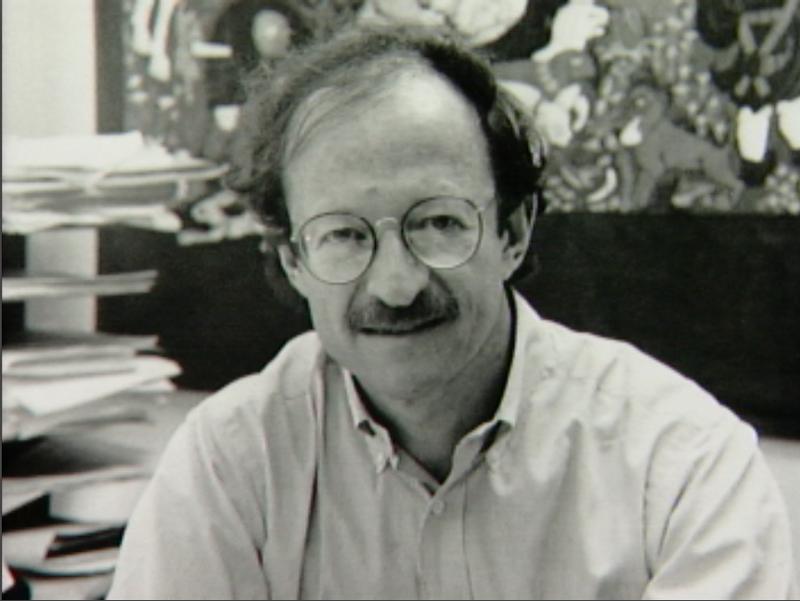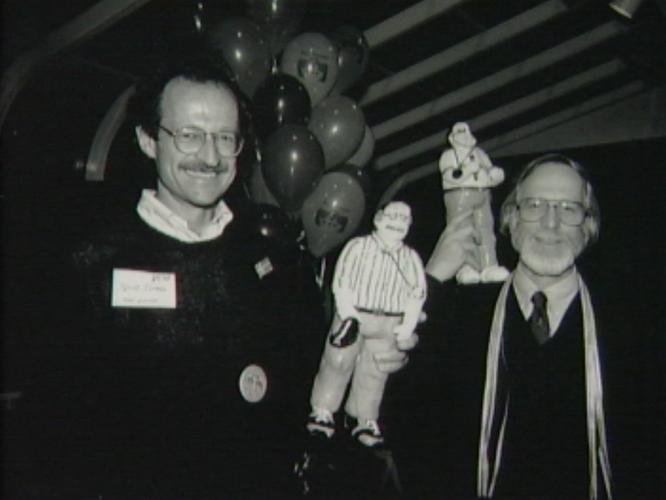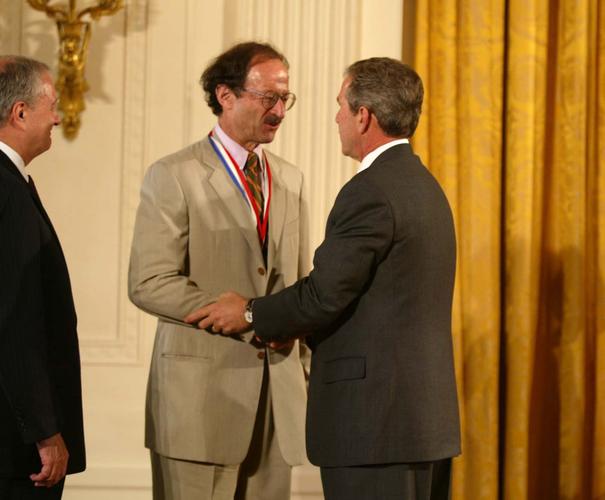Harold Varmus is undoubtedly a man of many talents. Varmus, winner of the 1989 Nobel Prize in Physiology or Medicine, spent much of his undergraduate years not performing scientific calculations, but writing. Varmus, who wrote a thesis on the novels of Charles Dickens and was the editor-in-chief of Amherst College’s student newspaper, even completed a master’s program in English literature at Harvard University before switching gears and entering Columbia University College of Physicians and Surgeons. A few years after receiving his M.D. from Columbia in 1966, Varmus and his wife moved across the country to San Francisco, where he completed his postdoctoral studies at the University of California, San Francisco under a fellowship from the American Cancer Society. Varmus remained at UCSF for more than 20 years, conducting groundbreaking research on cancer. The work of Varmus and his longtime collaborator J. Michael Bishop helped determine how normal human and animal cells contain genes that have the potential to become cancer cells. According to the National Science Foundation, “This discovery was a revolutionary finding that inaugurated a new era in cancer research and ignited a spectacularly successful search for the genetic origins of cancer.”
By Sara Grossman









